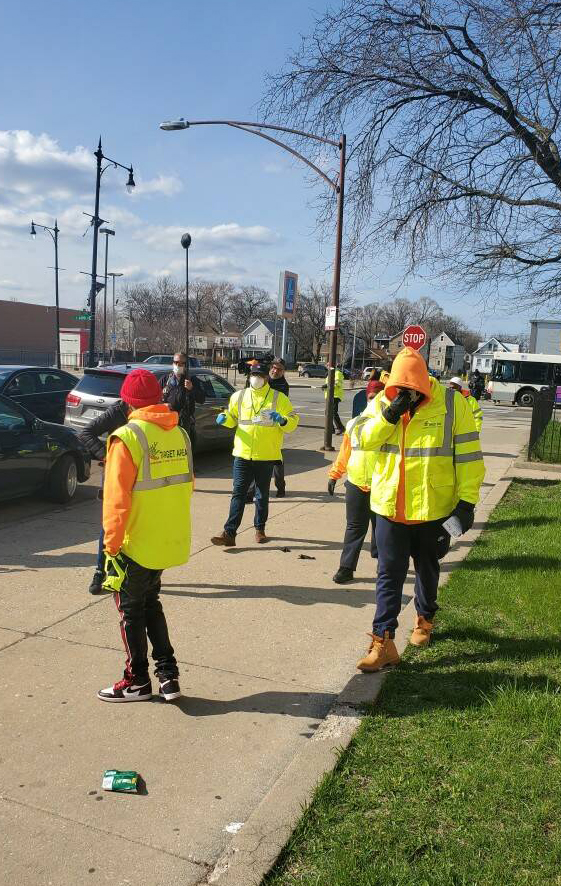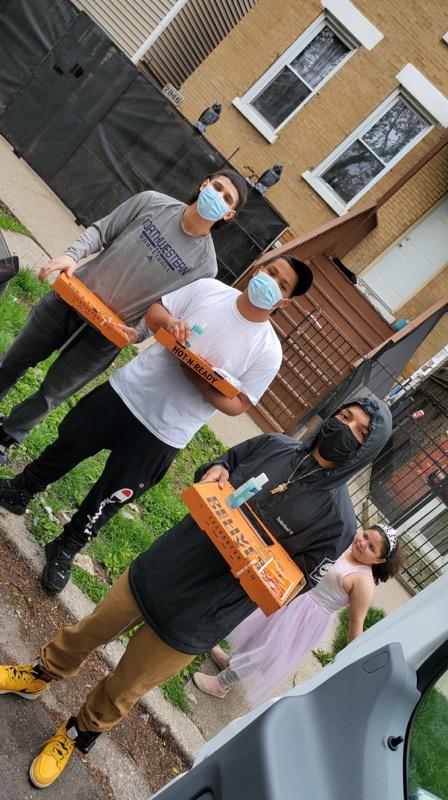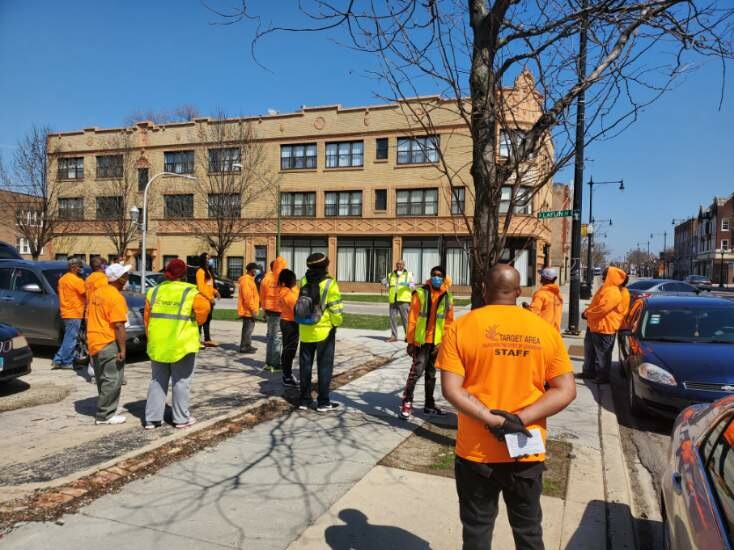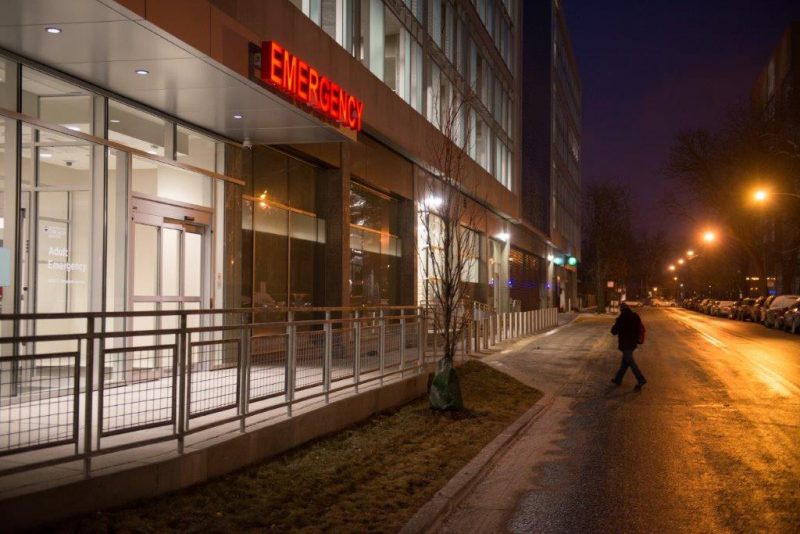Amidst the continual backdrop of COVID-19, Chicago’s plague of gun violence has raged on, and over several weekends spiked higher than previous years.
Almost no other group is seeing the broad effects of these events more than the outreach workers of Communities Partnering 4 Peace, or CP4P, a city-wide collaborative of community-based organizations whose outreach teams are trained to prevent and intervene in violence using restorative de-escalation tactics. Coordinated by Metropolitan Family Services, the teams are in communities most impacted by violence.

“When COVID-19 was on the rise in Chicago in early March, we saw our situation go from bad to worse,” said Vaughn Bryant, CP4P’s executive director. “Our teams were beginning to experience additional sadness, frustration, and anger as they themselves were having to deal with the virus while still managing to do their jobs to help curb shootings.”
The outreach teams acted quickly and were prepared with the necessary PPE to maintain the program’s forward momentum. They brought with them the latest health and safety information from the CDC and state health officials, and information about Governor Pritzker’s stay-at-home order. And amid the pandemic there was no slowing of shooting and homicides.
Memorial Day weekend in Chicago was deadly for gun violence, serving as a shocking reminder that coronavirus and an active stay-at-home order across the state wasn’t stopping shootings.
But the challenges to the outreach teams were yet to come the following weekend when, sparked by the racial tensions in the wake of George Floyd’s murder by police in Minneapolis, Sunday, May 31st became the deadliest single day in Chicago’s history with a total of 17 homicides*.
“We supported peaceful protests, but often the looting and additional violence that evolved in several instances added additional hardships on everyone,” added Bryant.
Through it all, though, the CP4P teams endured, knowing that their long-term approach, rooted in nonviolence, trauma-informed care, hyper-local collaboration and restorative justice practices, can and would prevail.

“We were in this storm of pain, violence and confusion,” said Bryant. “But we knew that any ground we gained, any success we would see in this aftermath would be from the strong relationships with community members that we’ve built over time.”
CP4P outreach workers were on the front lines in the business corridors and communities most adversely affected by both the virus and looting. “Now, we’re seeing business owners that were once adding life to their community shuttering their businesses because of this looting,” said Bryant. “Today, with Operation Restore, our teams are talking with these entrepreneurs to help get them back on their feet and back in business.”
Among the greatest benefits of the CP4P teams are the one-stop assistance the outreach workers can provide. “If you have emerging health needs, legal issues, housing issues or whatever, we have the people in place to put those folks on a new and hopeful pathway,” added Bryant. “We all must do more to reduce gun violence and help those people and organizations who are part of the solution.”
“While everything else can seem bleak, we’re not giving up. This work is too important.”
*University of Chicago Crime Lab


